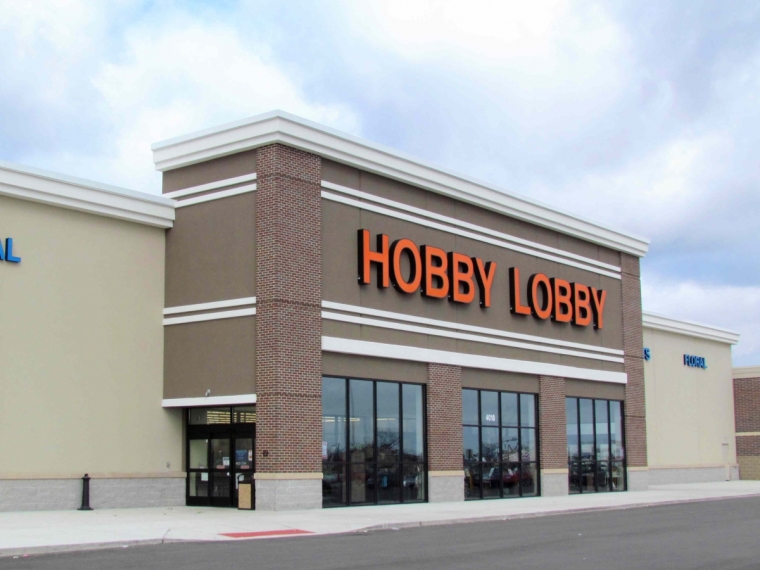Hobby Lobby but not Catholic church may 'practice' what it preaches

PITTSBURGH, Pa. (Christian Examiner) – The U.S. Supreme Court ruled last June that certain employers with religious objections aren't required to fund contraceptives coverage, but that wasn't good enough for the U.S. Third Circuit Court.
That lower-court entity recently ruled the birth control coverage required by federal health care reforms does not violate the rights of religious groups because "they can seek reasonable accommodation."
This decision says the church is no longer free to practice what we preach. Such a ruling should cause deep concern for anyone who cares about any First Amendment rights, especially the right to teach and practice a religious faith.
Chief Justice Samuel Alito found the government could not require companies such as Hobby Lobby -- which garnered a good amount of press as it fought against being required to pay for health care coverage that violated the privately-owned firm's personal religious convictions -- to provide contraceptive coverage as mandated by the government's Department of Health and Human Services under the Affordable Care Act.
"The HHS mandate demands that they engage in conduct that seriously violates their religious beliefs," Alito wrote about the law that requires firms to pay for the use of certain contraceptives, particularly those thought to be abortifacients, which cause miscarriages.
Two western Pennsylvania Catholic dioceses and a private Christian college that had challenged the contraception coverage mandate and won lower-court decisions. However, the U.S. 3rd Circuit Court ruling Feb. 11 said the reforms place "no substantial burden" on the religious groups and therefore don't violate their First Amendment rights.
"Federal law, rather than any involvement by the appellees in filling out or submitting the self-certification form, creates the obligation" for third parties to offer the objected-to coverage, wrote Judge Marjorie O. Rendell in the appellate opinion.
In other words, what's good for the golden goose -- Hobby Lobby, which pays lots of taxes -- is not good for the "mother church" gander, which is tax-exempt.
All three groups -- Geneva (Presbyterian) College in Beaver Falls, Pennsylvania, and the Pittsburgh and Erie Catholic dioceses -- are mulling whether to appeal to the entire 3rd Circuit Court of Appeals or the U.S. Supreme Court.
""
At issue is an "accommodation" written into the Affordable Care Act that says religious organizations can opt out of directly providing and paying to cover medical services such groups would consider morally objectionable. In this case, that refers to all contraceptive and abortion services for the Catholic plaintiffs, and contraceptive services like the "week-after" pill and other medical coverage that Geneva College contends violate its anti-abortion teachings.
The Justice Department's lawyers said the accommodation solves the problem because religious groups can fill out a one-page form to opt out of directly providing such coverage. The religious group said filling out the form violates their rights "because it still 'facilitates' or 'triggers' a process that then enables third-party insurers to provide the kind of coverage to which they object," according to an Associated Press article.
Rendell's opinion says the form provides a way for religious groups to avoid being penalized for opting not to directly provide the benefits.
The Catholic plaintiffs raised a second issue. Churches themselves, and their employees, are automatically exempt from health care mandates. But affiliated organizations – such as colleges and charities – are not, so the dioceses contend the law essentially divides the church against itself.
The 3rd Circuit, based in Philadelphia, is the fourth federal appeals court to rule that the accommodation is not a burden on the nonprofits' exercise of religion. The other courts that have ruled are based in Chicago, Cincinnati and Washington, D.C. At least four other appellate courts are considering the same issue, and experts on both sides expect the Supreme Court eventually will settle the matter.
The justices could act on a request by the University of Notre Dame as soon as Feb. 23. The earliest the issue could be argued at the Supreme Court is October, and a decision would not be expected until 2016.